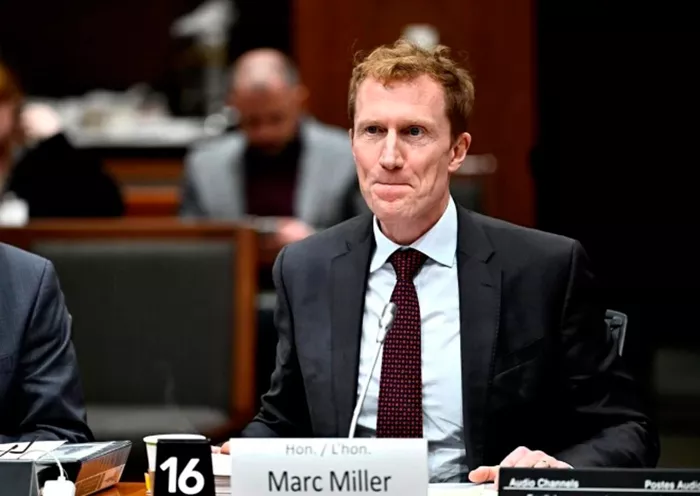OTTAWA — Immigration Minister Marc Miller announced on Monday that further reforms to Canada’s immigration and asylum systems are expected in the coming weeks. This follows recent reductions in the number of permanent residents to be admitted over the next two years and stricter regulations around temporary work permits.
Miller’s comments came during his testimony before the House of Commons immigration committee, where he highlighted significant issues within the asylum and refugee systems, citing inefficiency and a growing backlog of cases. Statistics provided by Canadian officials show that the average wait time to process refugee and asylum claims is approximately 44 months.
“The system is not working the way it should,” Miller told committee members. “We need reforms to address both the volume and inefficiency.”
Miller acknowledged the increasing number of asylum claims, particularly inland claims, which are filed by individuals already in Canada, often after entering the country without going through regular ports of entry. These claims have risen as people face increasingly limited options for staying in Canada. Miller suggested that some individuals have been wrongly advised to file asylum claims when they may not be eligible.
From January to September this year, 635 inland asylum claims were processed. Miller also pointed to a rise in asylum applications from individuals on student visas, which he described as part of a broader trend.
The issue has sparked protests, with demonstrators holding signs that read: “Don’t deport us! Don’t be racist! Rights not cuts! Status for All!” at the end of Miller’s testimony. One protester, from the Migrant Workers Alliance for Change, confronted the minister, saying, “We are the people you’re trying to kick out of this country.” The group, numbering around 20, was escorted from the building by parliamentary protective services.
NDP immigration critic Jenny Kwan raised concerns about recent immigration policy changes, arguing that migrants are being blamed for issues like the housing crisis. In response, Miller reinforced his position that Canadian citizenship is not an automatic right.
“It is not a right to become a permanent resident or a Canadian citizen,” Miller stated. “If it were, we would dilute the value of Canadian citizenship. That being said, it’s important to treat people fairly, and those who have made commitments to leave Canada under their visas must honour that.”
Miller also emphasized that a balanced approach is needed, which is why the government aims to bring in 40 percent of new permanent residents from those already living in Canada.
As of the end of September, nearly 250,000 refugee claims were pending. In the same period, 48,000 asylum claims had been processed since the beginning of the year.
Related topics:
- Maryland’s U Visa Act Supports Immigrant Victims of Violent Crimes
- EU Parliament Votes to Permanently Scrap Vanuatu’s Schengen Visa Waiver
- Australia Refuses Visa to Ex-Israeli Minister, Citing Risk of Inciting Discord


